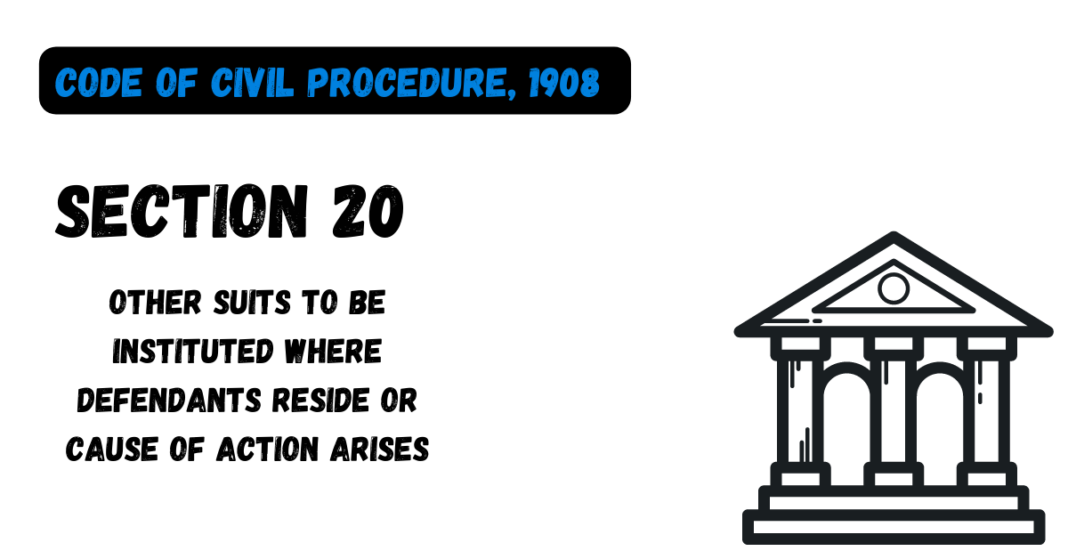Subject to the limitations aforesaid, every suit shall be instituted in a Court within the local limits of whose jurisdiction—
(a) the defendant, or each of the defendants where there are more than one, at the time of the commencement of the suit, actually and voluntarily resides, or carries on business, or personally works for gain; or
(b) any of the defendants, where there are more than one, at the time of the commencement of the suit, actually and voluntarily resides, or carries on business, or personally works for gain, provided that in such case either the leave of the Court is given, or the defendants who do not reside, or carry on business, or personally works for gain, as aforesaid, acquiesce in such institution; or
(c) The cause of action, wholly or in part, arises.
Explanation.—A corporation shall be deemed to carry on business at its sole or principal office in 3[India] or, in respect of any cause of action arising at any place where it has also a subordinate office, at such place.
Illustrations
(a) A is a tradesman in Calcutta, B carries on business in Delhi. B, by his agent in Calcutta, buys goods of A and requests A to deliver them to the East Indian Railway Company. A delivers the goods accordingly in Calcutta. A may sue B for the price of the goods either in Calcutta, where the cause of action has arisen, or in Delhi, where B carries on business.
(b) A resides at Simla, B at Calcutta and C at Delhi. A, B and C being together at Benaras, B and C make a joint promissory note payable on demand, and deliver it to A. A may sue B and C at Benaras, where the cause of action arose. He may also sue them at Calcutta, where B resides, or at Delhi, where C resides; but in each of these cases, if the non-resident defendant objects, the suit cannot proceed without the leave of the Court.





